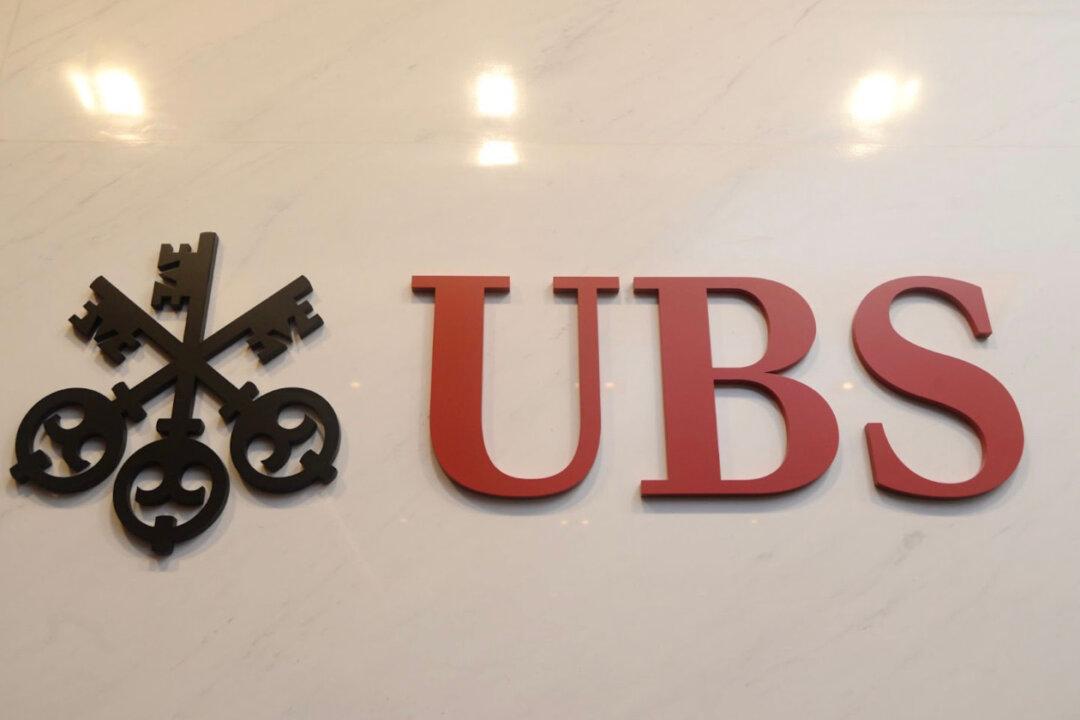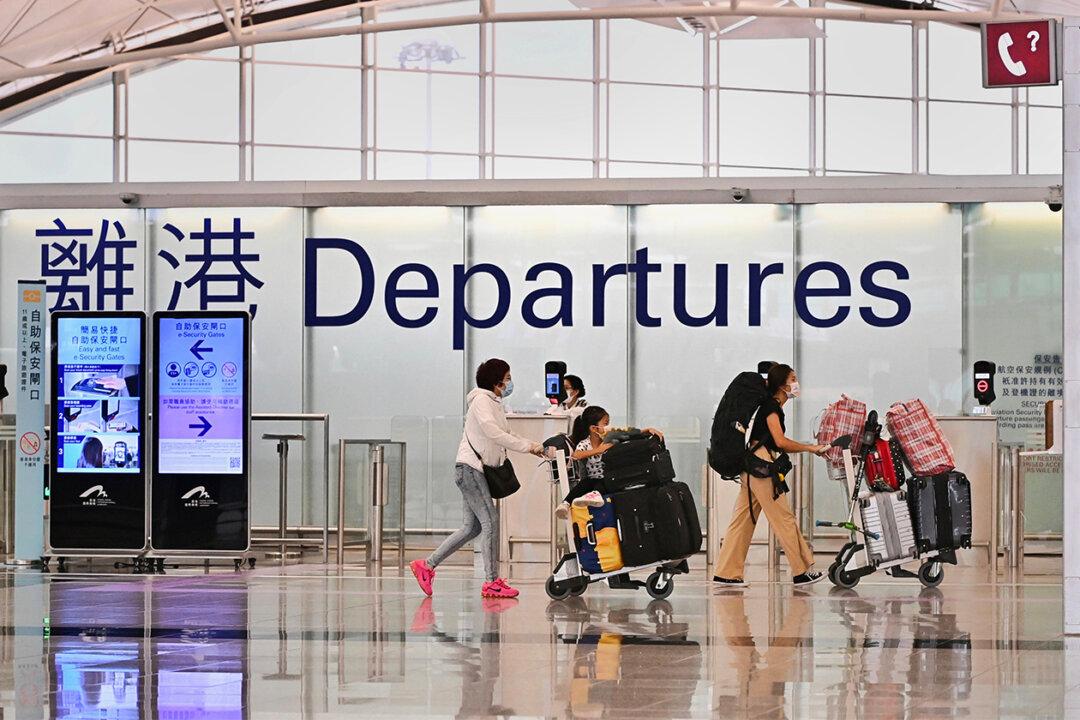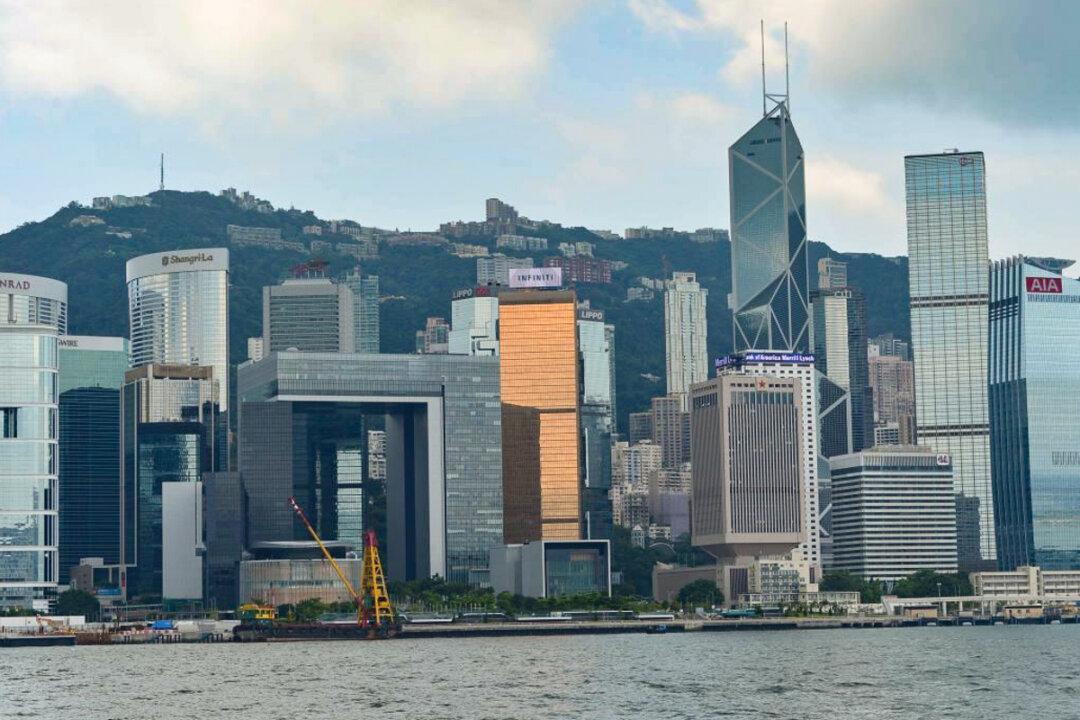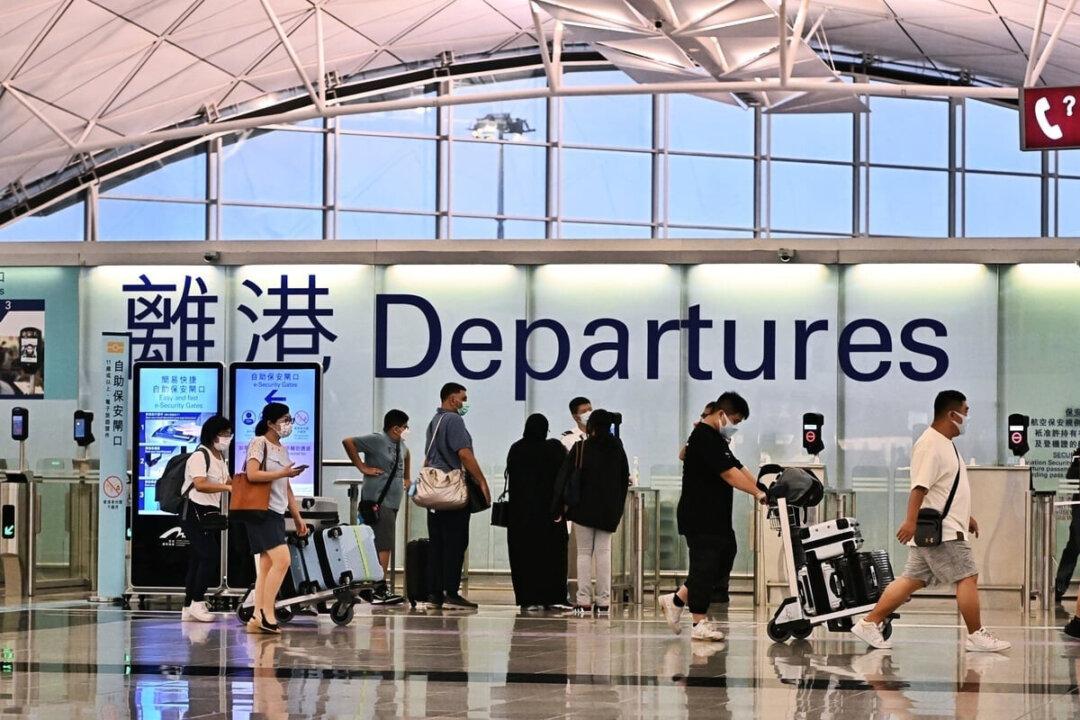Hong Kong, the world’s most expensive residential market, is facing a downward trend as it drops out of the top 10 world’s wealthiest cities. The economic downturn, immigration wave, and the Federal Reserve’s interest rate hike have all caused Hong Kong’s property prices to face deep declines. With the decoupling of China and the United States and following Beijing’s tight COVID-19 measures, the Hong Kong property market has become a microcosm of Hong Kong’s deteriorating situation. Veteran investor says Hong Kong is waiting for Beijing’s policy.
Industry Specialist Expected Market to Fall 30 Percent
The U.S. Federal Reserve started its interest rate hike cycle in March. On Sept. 23, after the Federal Reserve raised interest rates for the third time by 0.75 percent, the U.S.-Hong Kong interest rate spread widened, and the Hong Kong dollar interest rate related to housing mortgages continued to rise. One of the note-issuing banks in Hong Kong, HSBC took the lead in announcing that it would raise the prime interest rate on Sept. 23, kicking off interest rate hikes by Hong Kong banks.Under the effect of interest rate hikes, Hong Kong property market transactions were bleak. According to the latest data from Centaline Property, a Hong Kong leading real estate agent, in the first 9 days of October, only 20 registered transactions were recorded in the top ten housing estates in Hong Kong, which was 83 percent less than the 116 transactions in the same period in August 2003, and 85 percent less than the 130 transactions in December 2008. It reflects that the current activity level of the Hong Kong property market is worse than that during the period of the SARS (2002/2003) and the financial crisis.




